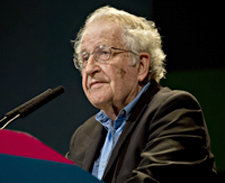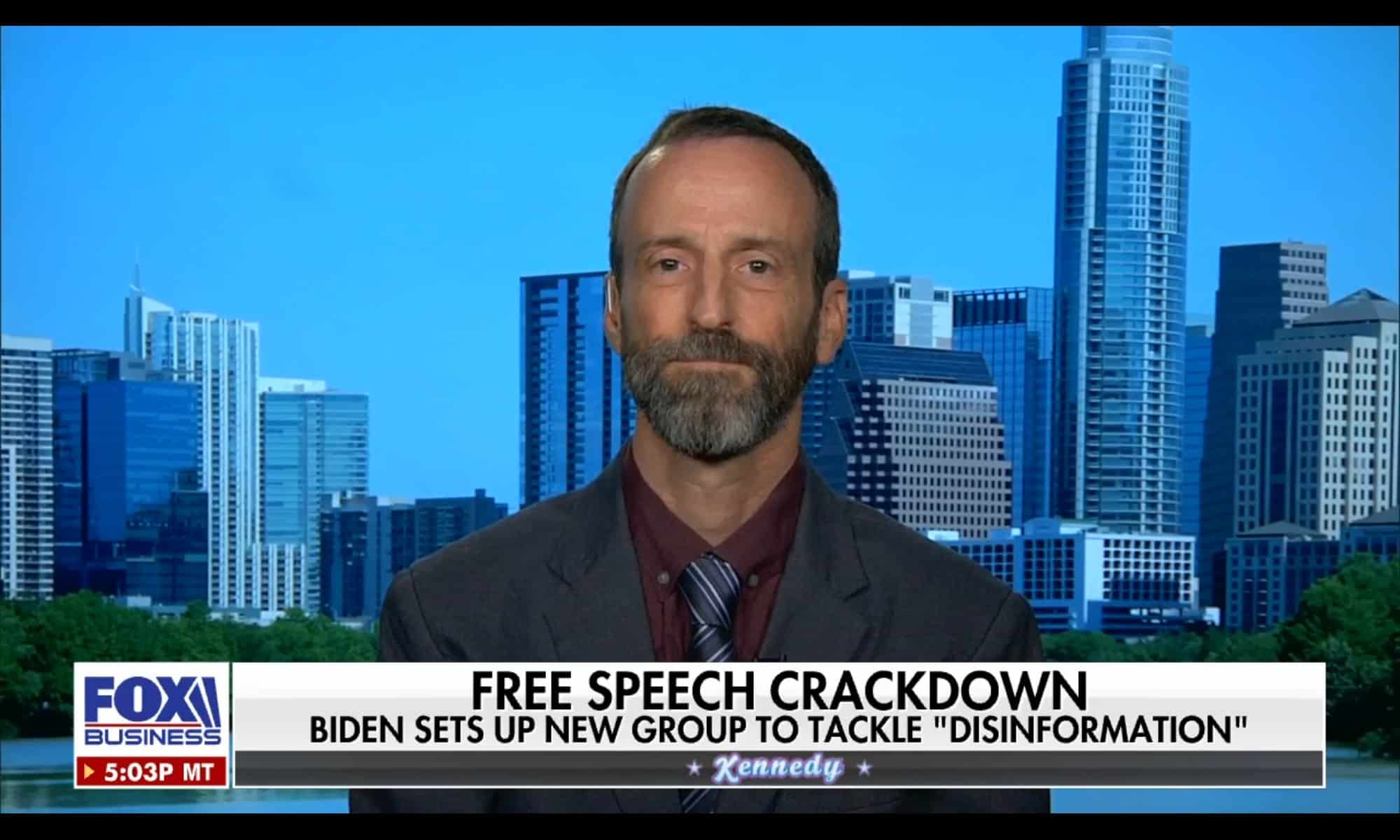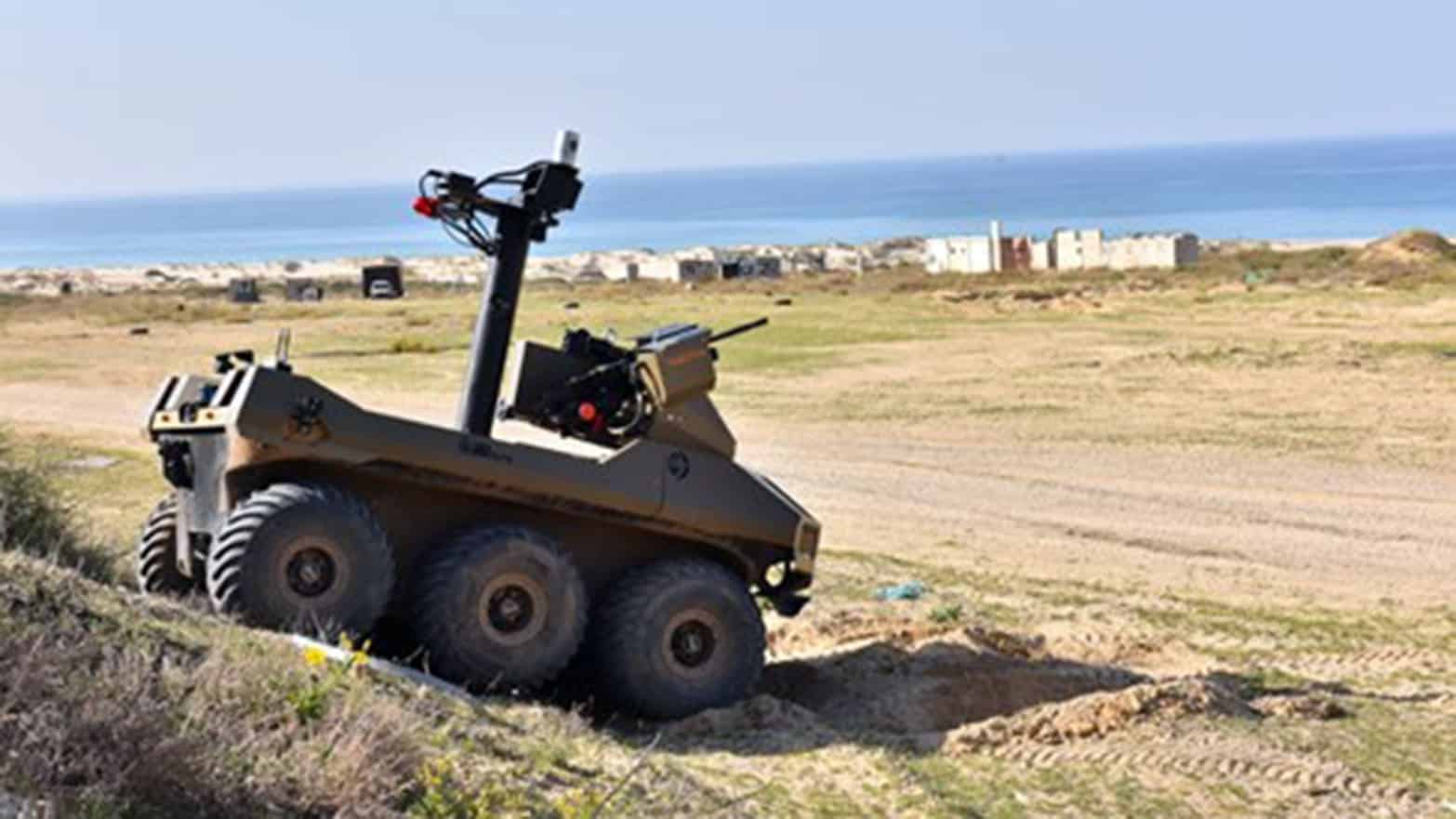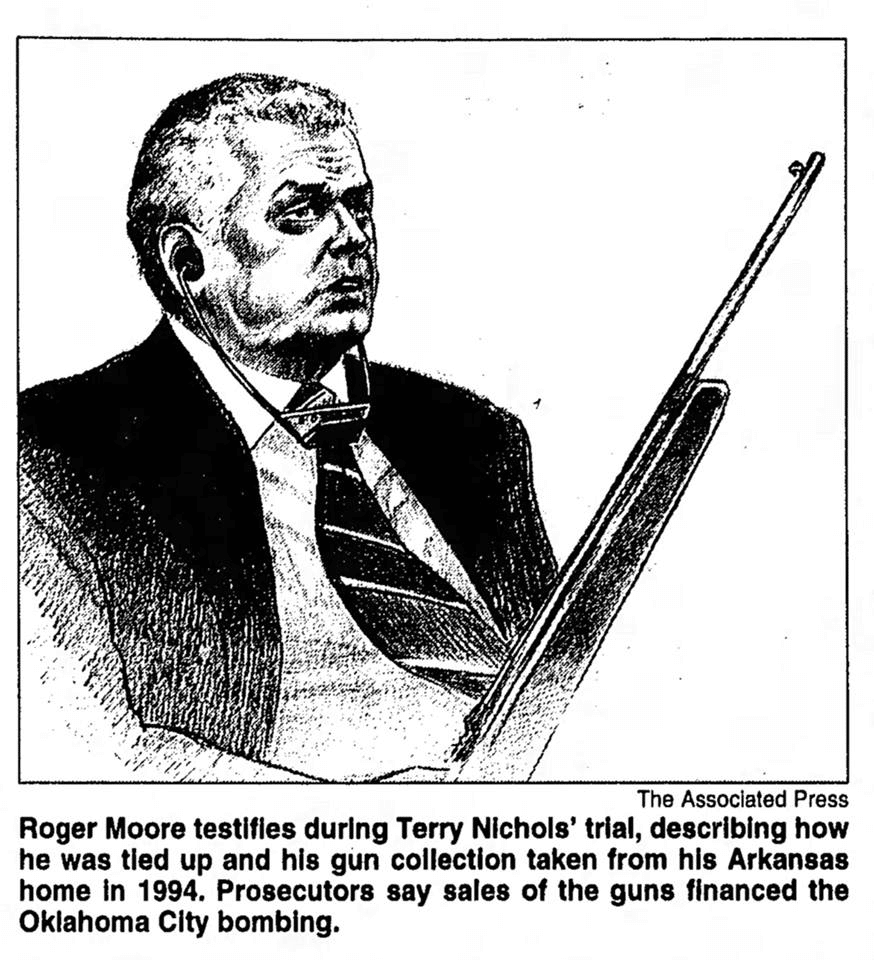Russia-Ukraine, Biden’s dementia:
Blog
Israel Is Sending Robots With Machine Guns to the Gaza Border
Katie Halper: I Was Canceled for Criticizing Israel
The reason Israel hates free speech so much: the truth is that they are murderers and thieves, which is, you know, not so flattering. So censoring the American people is their and their American fifth column’s highest priority.
Sorry for linking to the Daily Beast, but this is important.
“Rashida Tlaib, Roger Waters, Susan Sarandon, countless journalists, and supporters have tweeted, emailed, left comments expressing support and solidarity, emailed The Hill to complain, and unsubscribed from The Hill TV’s channel. The story has received media attention from people like ex-Rising host Ryan Grim, who broke the story at The Intercept, Branko Marcetic, who wrote in Jacobin about the possible troubling motives behind Nexstar Media’s censorship of criticism of Israel—as well as sites such as Mondoweiss, Common Dreams, Scheer Post, and more.
“You know who I haven’t heard from? Bari Weiss, Ben Shapiro, Jordan Peterson and many of the other self-professed champions of free speech and open debate, who decry cancel culture but speak out against it very selectively.”

Noam Chomsky: Support Antiwar.com
Dear Antiwar.com Reader,
Given the state of world affairs today, I am sure you are as concerned as I am about the prospects for peace in our time. With Russia escalating its invasion of Ukraine to dangerous heights, the US undermining the prospects for diplomatic settlement by insisting on a war to weaken Russia, the US and other NATO powers sending billions of dollars in weapons, and related developments with far-reaching consequences for us all, we find ourselves in dire times, which call for peaceful solutions, not more war tactics from superpowers.
Media outlets worldwide decry the atrocities of the war in Ukraine perpetrated by Russian President Putin, yet western commentary typically avoids relevant historical context and discusses no alternatives beyond the escalation of this destructive war.
Tonight on Kennedy Nation: Me.
I’ll be saying antiwar things about the war. 7 Eastern, Fox Bidness Channel.

The CIA Asset That Funded The Oklahoma City Bombing
“Boltzmann Booty” has written a hell of a thing about Timothy McVeigh’s friend Roger Moore that I think you should look at.
The Greatest Enemy of Free Speech in America: Israel
Conservatives hate cancel culture and censorship, right? Can’t wait to see them rally to Katie Halper’s defense.
This is What Got Katie Halper Censored & Canceled By The Hill: Israel Is An Apartheid State

Socialist Greed vs. Free Market “Greed”
A common scam involves taking a constant reality that always applies to everyone, then uniquely applying it to one set of people or one set of ideas.
Which of the following sounds more greedy to you?:
- Give me your money or I’ll have my employees put you in a jail cell and shoot you if you resist (taxation)
- I cannot get a penny out of your pocket unless you voluntarily give it to me in exchange for a product, service, or charitable gift
Most of us fear social disapproval, so being called greedy decreases our confidence in promoting the voluntarist ideas of free markets.
No longer should freedom advocates feel guilted by those who advocate government, the primary cause of theft (regulation and taxation) and mass murder (war) today and throughout history.
For more see, The Voluntaryist Handbook.











